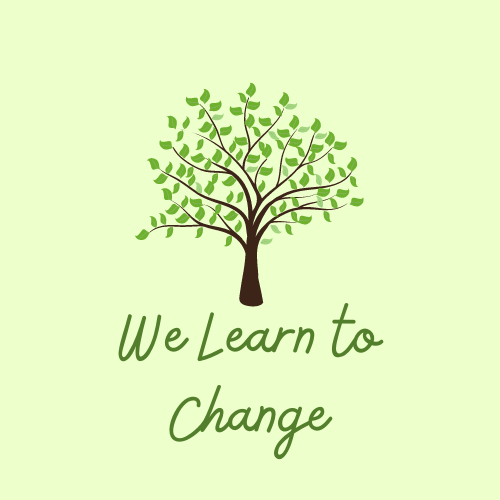If asked to be, the answer is ”Yes.” If not asked, that is still the answer.

Isn’t it weird how Shakespeare still entwines himself into our collective consciousness through lines such as those from Hamlet? After being dead for centuries, William Shakespeare still has such a profound influence on us. We are still able to take almost any play he wrote, update clothing and props for the times in which it is performed, and make an impact. It is profound for two reasons. The first, because it demonstrates the lasting power of his arrangement of the alphabet. Second, it shows how little has really changed in the human psyche, and how much we are more alike than we are different, among nations and across time.
This year, it is difficult to find precedents for most things until we start digging a little.
We rely now on historians, with their treasure trove of information, to lead the way. We rely on authors and teachers of literature to help us make sense of things, too, as they scour works to find the right quote, plot line, character, or other element to ground this situation in the “human condition.”
Politicians with a sense of decency and who serve the public are relying on millennia of rhetoric and logic to help them navigate this narrative that seems to spin out of control, sometimes on an hourly basis.
Science relies on the past to inform the present. What worked before? Will the same process work now? What do we have in our arsenal of remedies that might help us heal others? Where is our foundation?
One historian who influenced me greatly in college was Sister Patrice Fehrer of Holy Family University (then Holy Family College). One day, as I was speaking with her, she said to me, “Heather, all of us are absolutely necessary, although none of us is indispensable.”
I have gone to that line hundreds of times since 1992 or 93. Most of the time, it comes to mind when someone declares they are the current Messiah, whether they say that, or use another term.
It speaks to our interdependence. Each human needs the others. We cannot survive unless we all work together. Since we are all fallible, each of us brings to the situation a gift someone else doesn’t have.
Together, we become part of the solution. If we try to go it alone, we often become part of the problem. If we dismiss the good advice of others, we become part of the problem. If we refuse to hear others, we become part of the problem. That is how we end up on what has been called, “the wrong side of history.”
If we want to be part of the solution, we must – to paraphrase the great Maya Angelou – believe people when they reveal their character to us, embrace those who are ethical and humane, and reject those who are not. We must also recognize our interdependence and trust the trustworthy.
We need to stop giving oxygen to the words of those who consistently think they know better than anyone else and who do not act for the good of the rest of us. If someone reveals to you, time and again, that they are narcissistic, I say you need to run. One who is confident and knows his or her capabilities will help the rest of us. One who believes that only they can fix “it” should be avoided. Cult leaders should be avoided at all cost; cult leaders never serve their people, only themselves. History tells us so. Dictators gain followers by presenting their intentions falsely. Once their followers believe him or her and relinquish their power, that person can do almost anything and get away with it. We cannot let that happen.
As teachers, we need to lead the charge to lasting, sustainable change. We need to continue questioning everything and teach our kids to do the same. Look at the history of the world. Prove me wrong.
